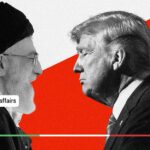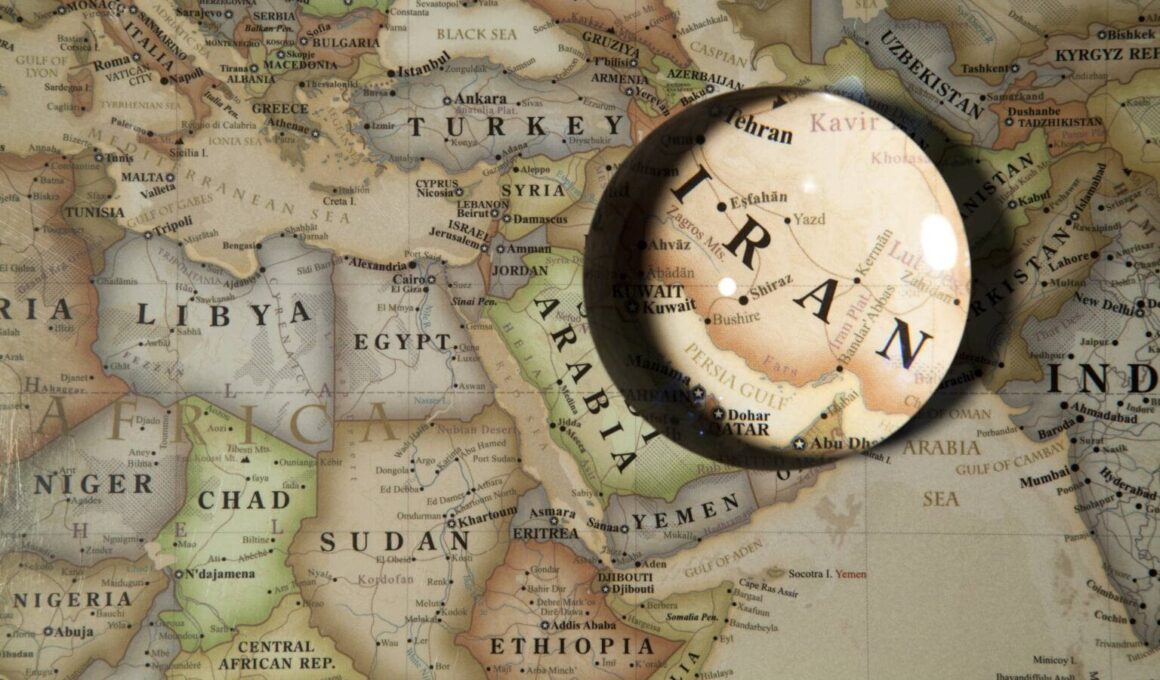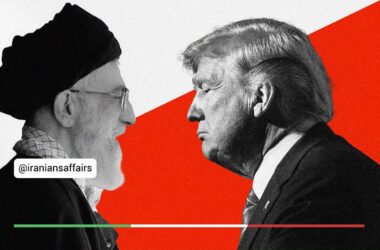Political movements that are influential and credible, when faced with the structures of power and the complexities of domestic and international politics, are compelled to adopt strategies that not only pay attention to existing realities but are also pragmatic and goal-oriented to achieve their objectives. Such an approach in modern politics is called realpolitik. This perspective operates based on realism and attention to the actual conditions of power in the world, not by relying on ideologies or beliefs that are either caught up in political fantasies or constantly and deliberately blur the boundaries between intellectualism and politics.
The political movement that adheres to realpolitik within the opposition to the Islamic Republic, relying on pragmatism and tangible interests and avoiding destructive excitement, carefully and wisely sets its goals to achieve fundamental changes through precise calculations of power and current political conditions. Political ideologies driven by ideological propulsion inevitably choose the latter when faced with a conflict between the national interests and their beliefs. When political thought lifts off the context of reality, it follows wherever ideology commands, which is why such movements are either vague and confused in the face of political and social developments or resort to ideas caught in political fantasy—both of which ultimately harm national interests.
But what is the nature of the realpolitik approach in Iranian politics, and what characteristics can distinguish it? In this text, we review some examples of this approach to clarify its differences from other movements that claim to practice politics.
Strategic and Pragmatic Alliances
In the current circumstances, forming strategic alliances between the nationalist republican and constitutionalist movements, under the leadership of Prince Reza Pahlavi, aimed at reclaiming the homeland from the Islamic Republic mafia, is an example of realpolitik. In an environment where the unity and coherence of opposition forces to combat the Islamic Republic is essential, reliance on shared interests and avoiding unnecessary conflicts is one of the main pillars of establishing an effective alliance. The realpolitik movement, instead of getting caught up in theoretical disagreements, with a practical and power-calculating approach, seeks to create a sustainable and efficient coalition by utilizing the resources and capacities of both movements and leaves what belongs to the post-overthrow era to that time with a commitment to democratic methods. This brings operational unity and coordination, which is the most fundamental step toward maximum support for the Iranian nation in overthrowing the Islamic Republic.
Effective and Principled Relations with Foreign Governments
One of the distinguishing features of the political movement that believes in realpolitik is its intelligent and realistic interaction with foreign governments and international forces. For the opposition to the Islamic Republic, a principled relationship with any foreign government that can influence Iran’s national interests is a fundamental principle. While other political movements may superficially align with this principle, their shortcomings are evident in their interaction and cooperation with Israel as a democratic national government in the region. Ideological movements, based on unrealistic idealism and theoretical principles, deny any connection with Israel. However, for the realpolitik movement, Israel, as a country engaged in direct conflict with the Islamic Republic, is considered a strategic ally and possesses capabilities that can weaken the Islamic Republic’s power and support opposition forces. Therefore, this movement, understanding the political realities and based on common interests, seeks to establish grounds for effective cooperation with Israel as a powerful and strategic ally in the region.
Maximum Pressure on the Regime and Maximum Support for the Iranian People
The Islamic Republic, by oppressing and killing people, has obviously declared war on the Iranian nation. Under such circumstances, increasing all-round pressure on the government will not only weaken its repressive power but will also boost the morale of the resistance forces and break the cycle of despair. Efforts to comprehensively sanction all sectors of the Islamic Republic and label the Islamic Revolutionary Guard Corps (IRGC) as a terrorist organization are aligned with the strategy of maximum pressure. Additionally, advocating for and encouraging honorable sabotage against the interests of the Islamic Republic as an effective and legitimate tactic will reduce its repressive power and also pave the way for defections among those loyal to the Islamic Republic cartel. Opposition to this strategy must come with practical alternatives that empower the Iranian people in their fight against the Islamic Republic; otherwise, it will fall into political fantasy. The Islamic Republic, a master in the realm of political fantasy, has ruled Iran with this strategy from the beginning and sold its political product to the Iranian people at great cost. If you enter the realm of political fantasy, the Islamic Republic will consume you so thoroughly that there won’t be a trace of you left behind!
The realpolitik movement believes that focusing solely on long-term goals—such as the overthrow of the Islamic Republic and the restoration of a national government in Iran—is not enough; mid-term goals must also be defined and analyzed. Reducing the repressive power of the Islamic Republic through maximum domestic and international pressure is one of the mid-term objectives of this movement. This movement, relying on realistic analyses, seeks to increase political, economic, and social pressures on the Islamic Republic to weaken its power in suppressing and controlling society. At the same time, maximum support for the Iranian people, as the true owners of this revolution, is vital and must be pursued seriously. From the perspective of realpolitik, these mid-term goals are not only achievable but are also strategic and effective.
The condition for professional entry into politics is political experience and knowledge; without these, Iranian politicians will ultimately be led down a path defined by the Islamic Republic’s rules and methods. The trivialization of politics and the instillation of the illusion that anyone can step into the role of a politician began with the emergence of the Islamic Republic in Iran. The dangerous path of “If a cleric can be a politician, why can’t others?” brought Iran to the brink of today’s decline and weakness. Now, only movements that believe in realpolitik, relying on political rationality and accumulated experience, see the revival and restoration of politics in reclaiming the country from the clutches of the Islamic Republic occupiers. This movement, leveraging rationality, insists on pragmatism and realism, paving the way to break free from delusional ideologies and return to a living and dynamic politics.







